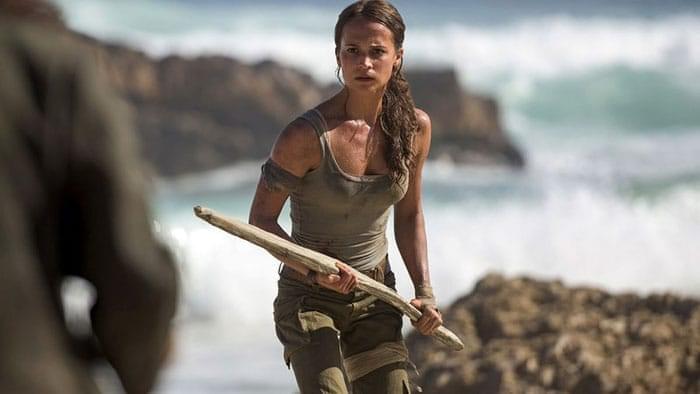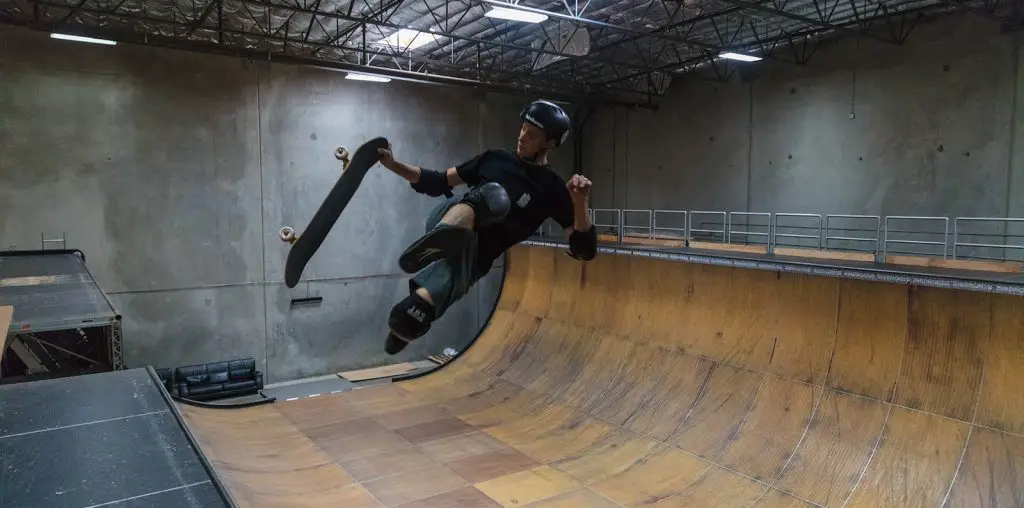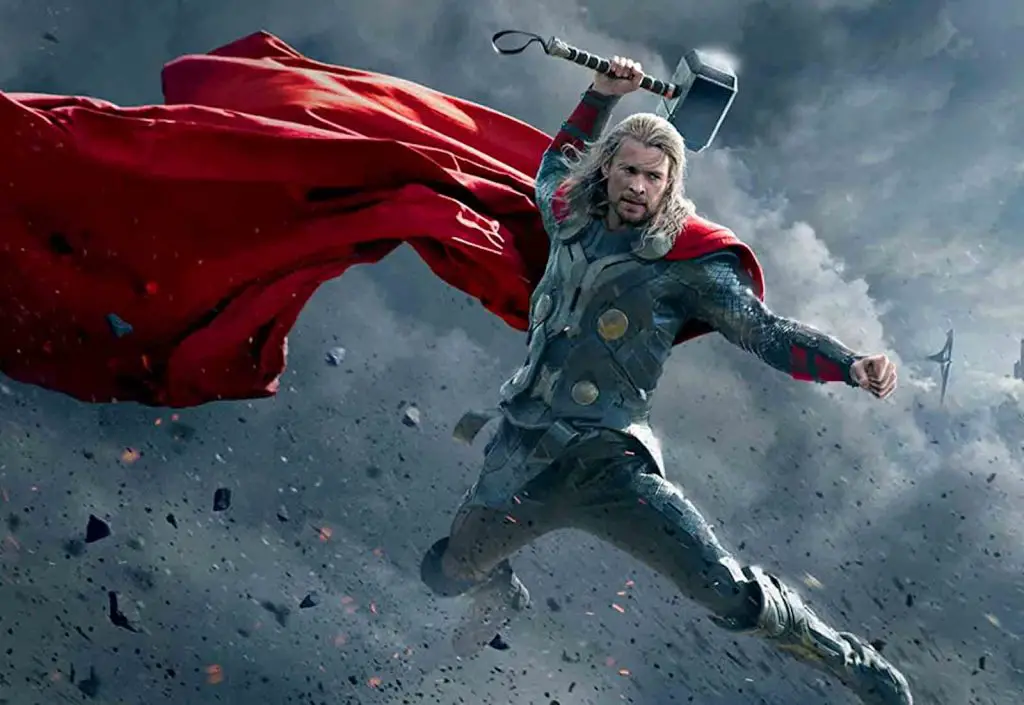
Long rumored to be in production, the word is now official that an adaption of The Last of Us for PlayStation 3 and 4 is in development at HBO. With the two main characters of Joel and Ellie played by Pedro Pascal and Bella Ramsey respectively, hope is high that the celebrated game could make the jump into television well. Even for those who are not fans of the original game, this move marks an interesting one in the entertainment world, in how it approaches the age-old problem of adaption. The Last of Us is easily set to succeed where many others fail, as the common claim goes, but why is this?
The Last of Us
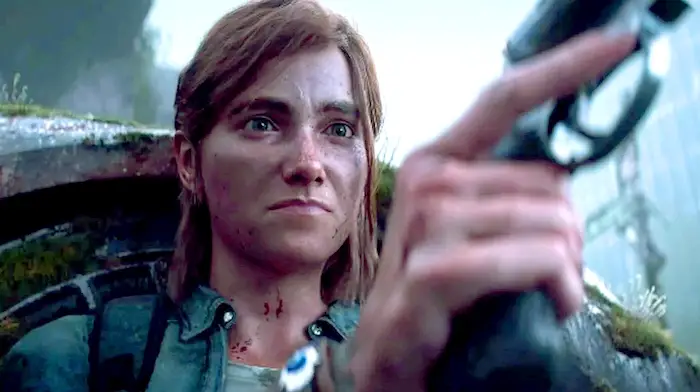
When The Last of Us was released in 2013 for Sony’s PlayStation 3 it became an instant classic. Arriving at the end of the PS3’s lifespan, the game was a culmination of technological knowledge derived over the generation. Adding to this was the storytelling expertise that developer Naughty Dog had been fine-tuning with their first three Uncharted games (also due for a movie adaption).
What set The Last of Us apart was how well it combined technical proficiency with some of the best-acted and produced scenes gaming had ever seen. On the surface, a spectator might have seen a game about shooting zombies, but TLOU was much more than that. Rather, it was really a story of Joel, a survivor of the initial outbreak.
Hardening himself during the following years, the majority of TLOU was based around his protection of Ellie, a teenage girl he is placed in the guardianship of. Throughout the game, Joel begins to be won over by Ellie, who grows to become a skilled survivor herself. Joel’s protective instinct on the two’s adventure creates moments of appreciable tension and emotion, right up until the closing credits.
Carrying these ideas are the performances by Troy Baker and Ashley Johnson. Not just strong actors in their own right, the implementation of motion and face capture tech the game employs took their performances to the next level. Bridging what is usually an obvious gap between character and voice acting, the integration of the actor’s nuance into the role through the then-new technology was the cherry on top of an already strong product.
Adaption’s Success and Failure
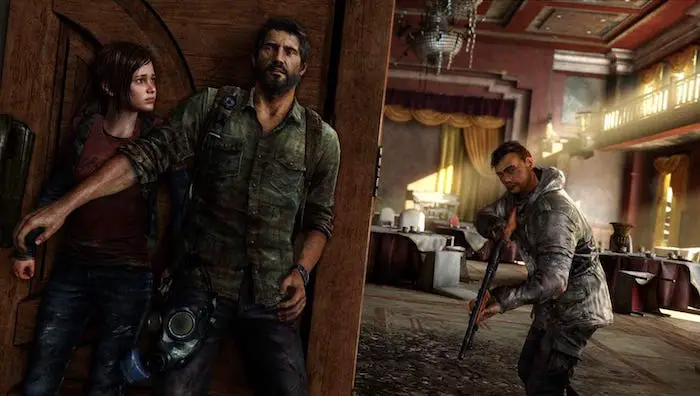
What all this means is that by touching the line between real-world and animated performance, TLOU has become the perfect vehicle for video game adaption. Already regarded as an interactive movie by some (for better or for worse), making the jump to a live show won’t need to be forced as many others need to be.
For an example of an adaption done poorly, there are a lot of options to choose from. One of the best, or worst, examples, is found in the 1994 live-action Street Fighter film. A game with little emphasis on story, translating this title to the screen was never going to be easy. With bizarre choices like a heavily accented Van Damme playing the American hero Guile, a worthwhile adaption for a movie like this was never going to succeed.
The same can be said for adaptions going in the other direction, where movies make the jump to games. In these instances, the reliance that movies have on narrative tends to create issues with gameplay demands. What looks great in a movie might not be fun to play, so direct translations often struggle. As anyone who grew up in the NES era can tell you, this has been the case more often than not.
The big exception to this is those games that lean on a property, but don’t completely rely on it. Online casino games like The Dark Knight and Suicide Squad are strong examples of this. At their core, these smaller interactive experiences are more about the medium of table and slot games first, with a layer of movies placed on top. This method essentially side-steps the concerns that traditional video games have, making the casino titles more successful for it.
While there’s no official release date for TLOU series announced yet, the current trajectory places it on a path for 2022. Until then, gamers at least have the first two games to enjoy, the latter of which should be seeing a PS5 upgrade sometime soon. That said, even if you aren’t a fan of video games, this series could well be worth waiting for. If nothing else, Pedro Pascal always brings it, even when the project he’s in does not.
